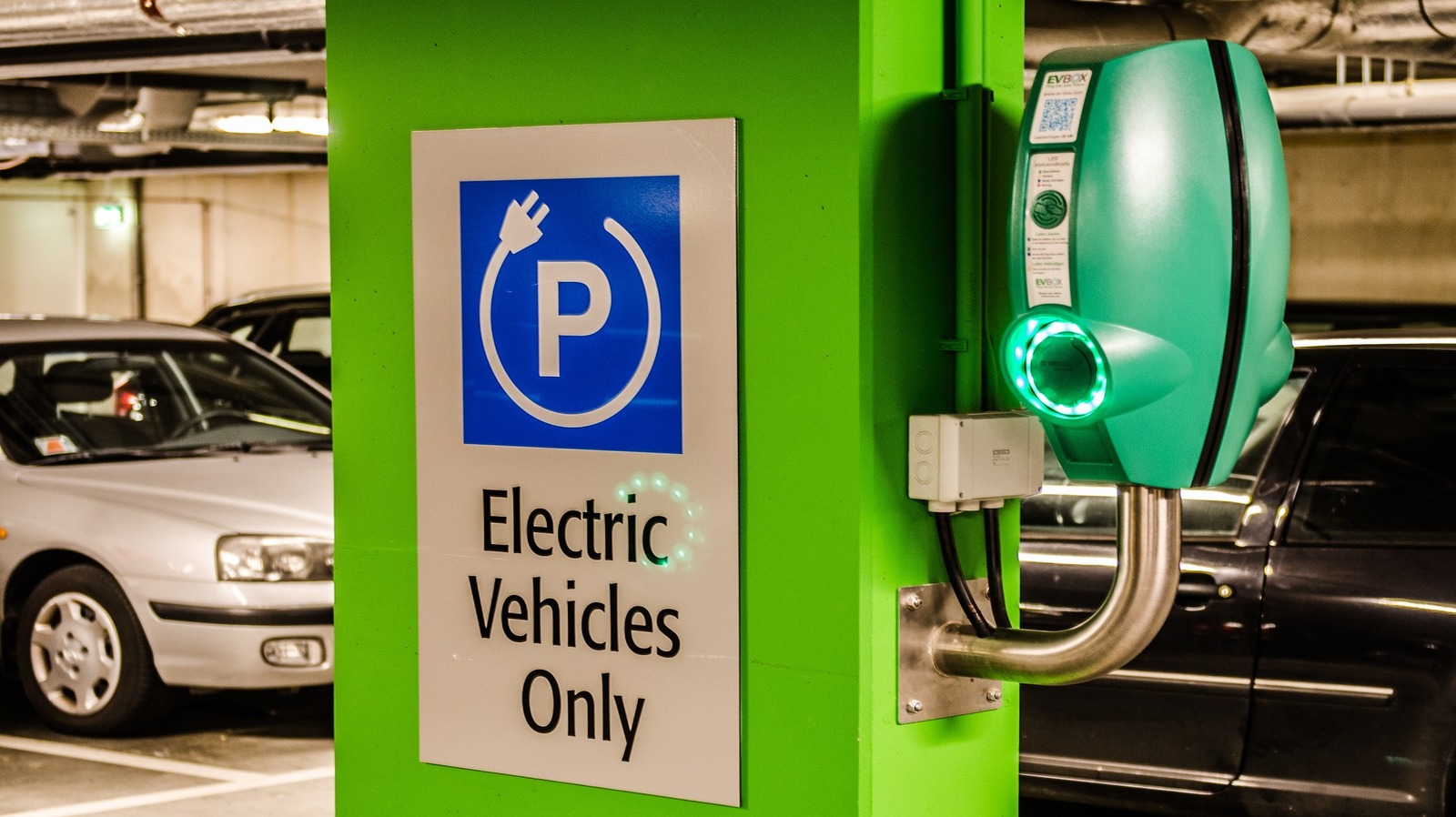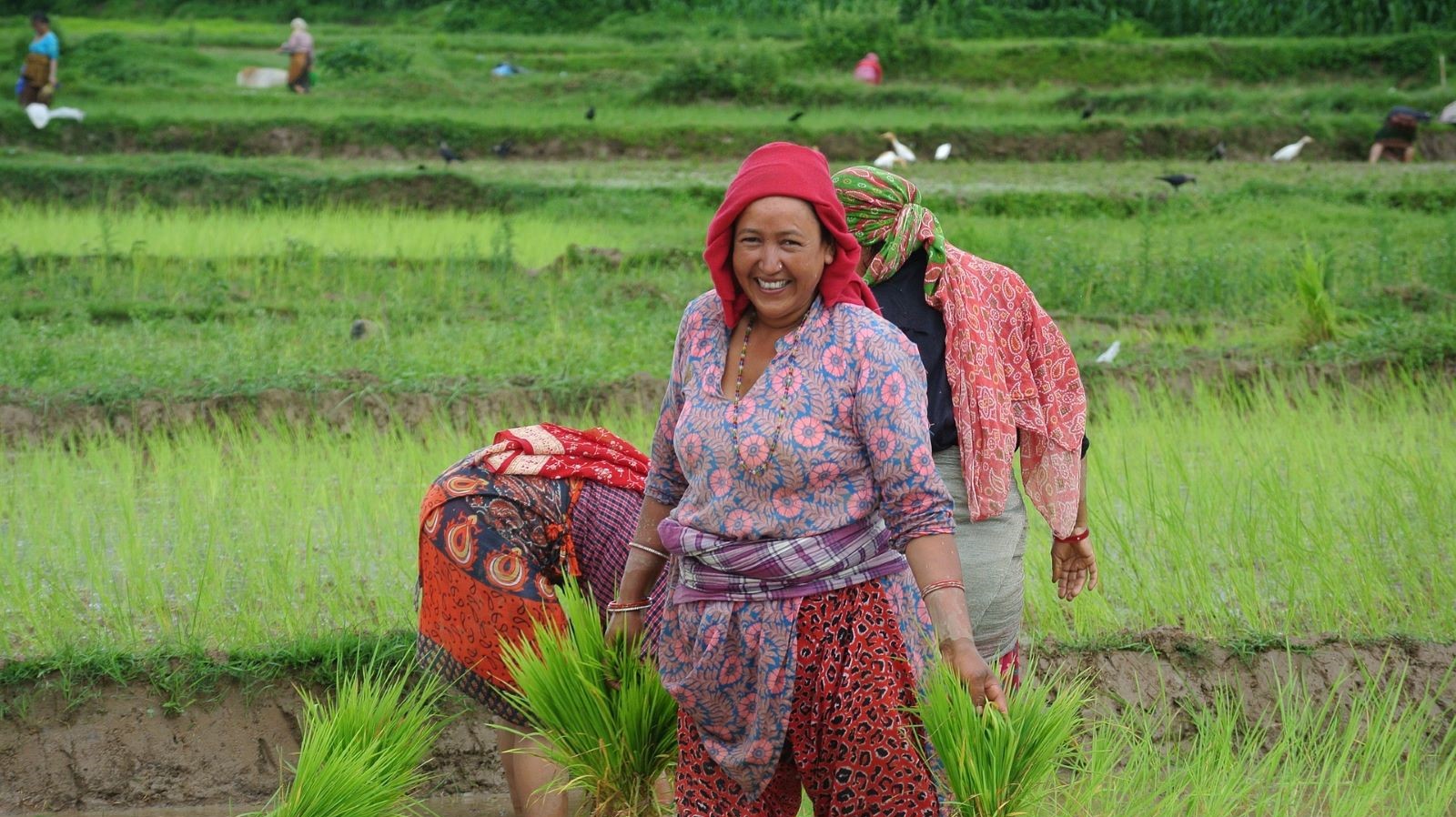Unlocking full potentials of remittances require us to see beyond its contribution in National Accounts or balance sheets.


Unlocking full potentials of remittances require us to see beyond its contribution in National Accounts or balance sheets.

How realistic is it to expect a victim to come forward and report instances of Chhaupadi, shouldering the very real risk of social stigma and ostracization, if she would be hurting her family?

The Government of Nepal has estimated an economic growth rate of 6% for the upcoming fiscal year, and the inflation at 5.5%.

Remittance inflows play a vital role in raising the living standards of the recipient families and reducing the aggregate poverty in Nepal. Remittance received by the targeted households could contribute to reduction in poverty especially in rural areas.

The government entities are actively promoting sustainable transportation practices exemplified by the Nepal Electricity Authority (NEA) and the Nepal Tourism Board, committing to exclusively use EVs for transportation to encourage the public. NEA’s ambitious target of 100% electrification by 2024, aligns with Sustainable Development Goals (SDGs) and is also facilitating an EV-friendly ecosystem and widespread EV adoption.

Women make up more than half of the population in Nepal, making it crucial to achieve gender goals not only at the household level, but in a way that it positively contributes to a resilient and sustainable growth of the country.